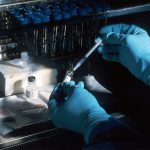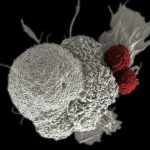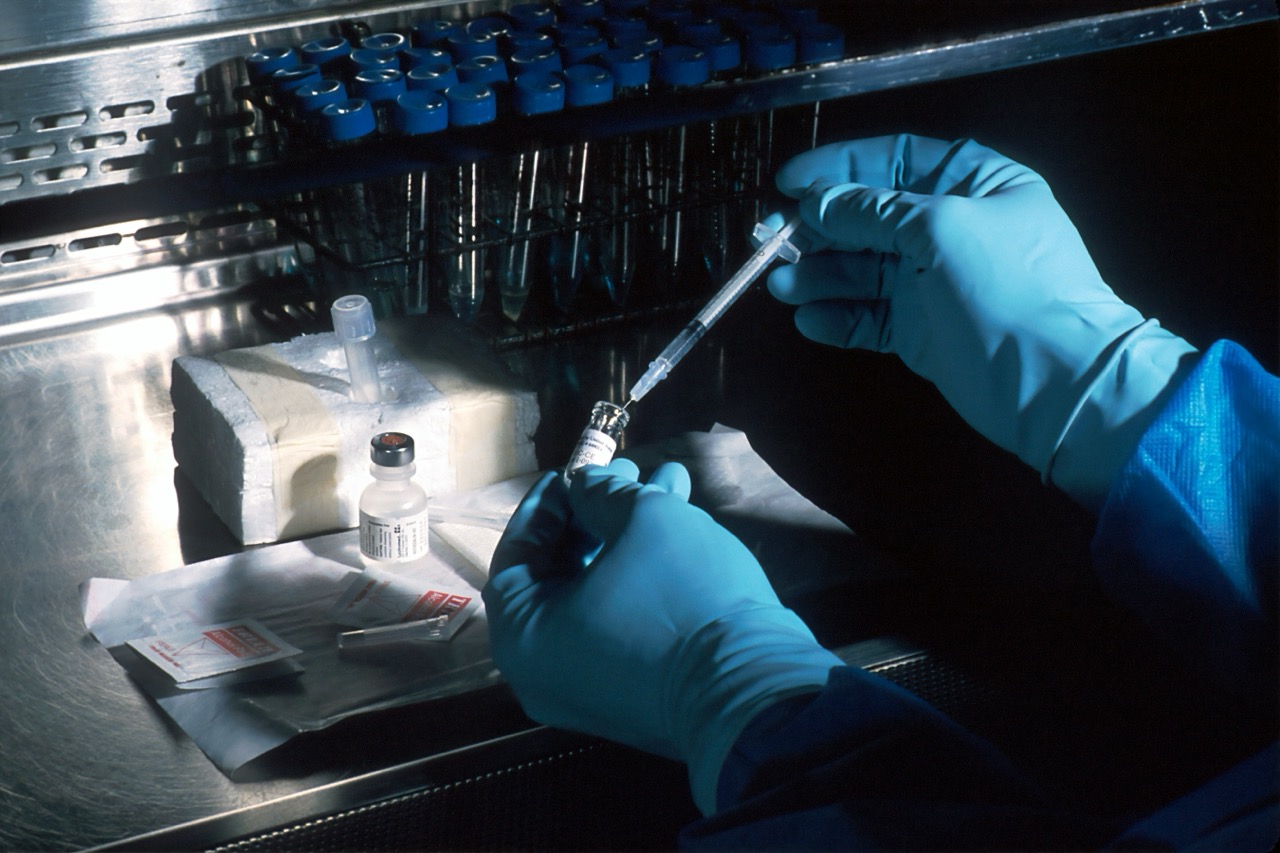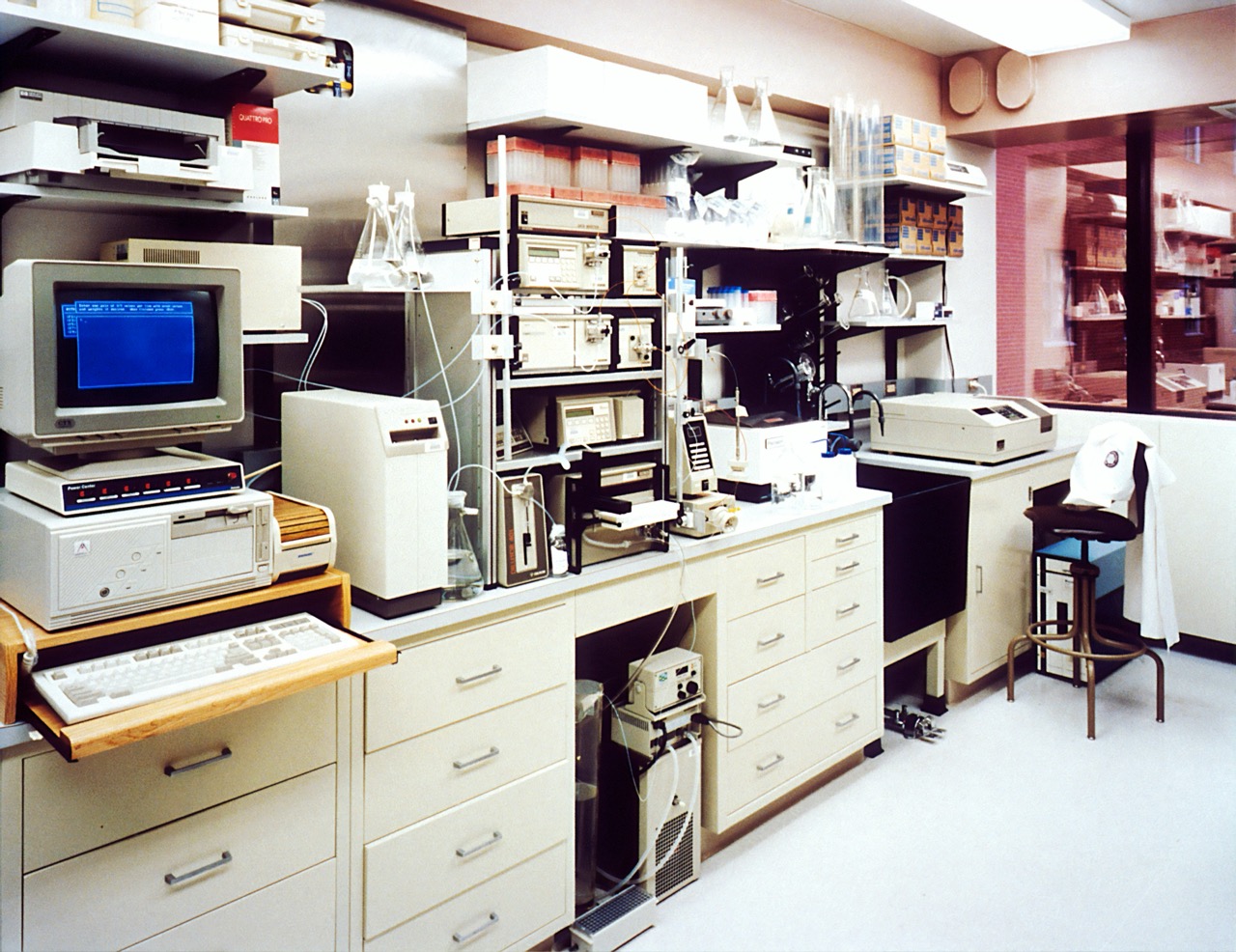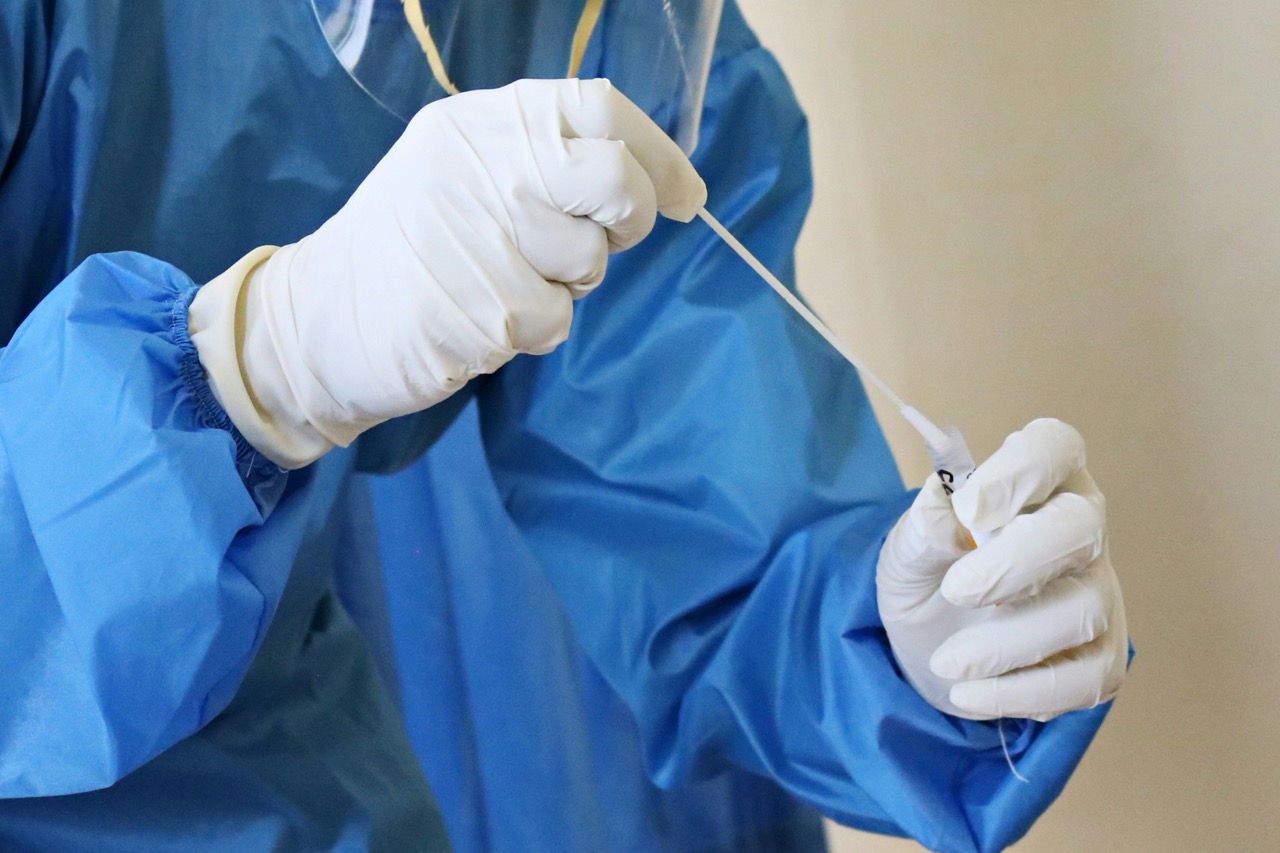Human Papillomavirus (HPV) is a well-known viral infection, primarily recognized for its role in cervical cancer. However, emerging research suggests that HPV may also contribute to other cancers, including esophageal cancer. This article delves into the association between HPV and the risk of developing esophageal cancer, examining the mechanisms through which HPV influences carcinogenesis, the importance of early detection, and effective prevention strategies.
Understanding HPV: A Link to Esophageal Cancer Risk
HPV is a group of over 200 related viruses, of which around 40 are transmitted through direct sexual contact. While certain high-risk strains, particularly HPV-16 and HPV-18, are primarily linked to cervical cancer, studies have begun to indicate a potential correlation between HPV infection and esophageal squamous cell carcinoma (ESCC). This connection is particularly concerning as ESCC is a prevalent malignancy associated with poor prognosis and high mortality rates.
Research indicates that HPV may affect the risk of esophageal cancer significantly. A meta-analysis involving thousands of patients has shown that HPV DNA is present in a notable percentage of ESCC tissues, suggesting a link between persistent HPV infection and the development of this cancer. Furthermore, epidemiological studies have reported that individuals with multiple sexual partners or a history of sexually transmitted infections may have an increased risk of developing HPV-related cancers, including those of the esophagus.
The identified link between HPV and esophageal cancer is not yet fully understood and is an area of ongoing research. Factors such as regional differences, genetic susceptibility, and the presence of other risk factors (like tobacco and alcohol use) complicate the understanding of how HPV may contribute to esophageal carcinogenesis. Nonetheless, the evidence warrants further investigation into the role of HPV as a potential risk factor for esophageal cancer.
The Mechanism of HPV in Esophageal Carcinogenesis
The carcinogenic mechanism of HPV in esophageal cancer is believed to involve the viral oncoproteins E6 and E7, which interfere with host cell regulation. These oncoproteins promote cellular proliferation and inhibit apoptosis, leading to an accumulation of genetic abnormalities that may predispose cells to malignancy. In healthy cells, the p53 and retinoblastoma (Rb) tumor suppressor proteins: crucial regulators of the cell cycle, maintain genomic integrity and prevent uncontrolled cell growth. However, E6 and E7 disrupt these pathways, contributing to the malignant transformation of esophageal epithelial cells.
In addition to disrupting critical cellular pathways, HPV infection may also enhance inflammation and immune evasion in the esophagus. Inflammatory processes can create a microenvironment conducive to tumor development, further exacerbating the risk of carcinogenesis. Chronic inflammation, often resulting from co-infections or irritants like tobacco, may work synergistically with HPV to promote esophageal cancer development.
Moreover, HPV’s ability to integrate into the host genome can lead to the activation of oncogenes and the inactivation of tumor suppressor genes. This genetic instability is a hallmark of cancer cells and plays a pivotal role in the progression from pre-cancerous lesions to invasive tumors. Understanding these mechanisms is critical for developing targeted therapies and interventions aimed at reducing HPV-related esophageal cancer risk.
Identifying Symptoms and Early Detection Strategies
Esophageal cancer often presents with non-specific symptoms that can be easily overlooked in the early stages. Common symptoms include difficulty swallowing (dysphagia), chest pain, unintentional weight loss, and persistent cough. Due to the lack of early indicators, many cases are diagnosed at advanced stages when treatment options are limited, underscoring the importance of early detection strategies.
Screening for esophageal cancer is not routinely performed in the general population; however, individuals at higher risk, such as those with a history of HPV-related diseases or chronic irritation (from substances like alcohol and tobacco), should be monitored closely. Endoscopy, in which a thin tube with a camera is inserted into the esophagus, is a key diagnostic tool that allows for visual assessment and biopsy of suspicious lesions. Regular screening is critical for early-stage detection and improving treatment outcomes.
Public awareness campaigns and education on the signs and risk factors associated with esophageal cancer can play a crucial role in encouraging individuals to seek medical advice earlier. Healthcare professionals should emphasize the importance of recognizing symptoms and considering HPV vaccination to reduce the incidence of HPV-related cancers, including those affecting the esophagus.
Prevention and Management of HPV-Related Esophageal Cancer
Preventing HPV-related esophageal cancer begins with vaccination. The HPV vaccine is effective in protecting against the high-risk strains of the virus associated with various cancers, including cervical, anal, and oropharyngeal cancers. The vaccine is most effective when administered before the onset of sexual activity, making it crucial for preteens and young adults. Expanding vaccination programs could significantly reduce the prevalence of HPV and subsequently lower the incidence of esophageal cancer.
In addition to vaccination, lifestyle modifications can help mitigate the risk of developing esophageal cancer. This includes avoiding tobacco and limiting alcohol consumption, as these are known risk factors for esophageal cancer. Encouraging healthy dietary practices, such as maintaining a balanced diet rich in fruits and vegetables, may also contribute to reducing cancer risk. Furthermore, regular medical check-ups and screenings for individuals at high risk can facilitate early intervention and management of pre-cancerous conditions.
For those diagnosed with HPV-related esophageal cancer, management typically involves a multidisciplinary approach. Treatment options may include surgery, radiation therapy, and chemotherapy. Continued research into targeted therapies and immunotherapy is essential for improving outcomes for patients with HPV-related esophageal cancer. Additionally, support groups and counseling can assist patients and their families in coping with the emotional and psychological impacts of cancer diagnosis and treatment.
The link between HPV and esophageal cancer is an emerging area of concern that necessitates further research and public awareness. Understanding the mechanisms through which HPV contributes to esophageal carcinogenesis can lead to novel prevention and treatment strategies. As we enhance screening and vaccination efforts, we can significantly impact the incidence of HPV-related esophageal cancer, ultimately improving outcomes for individuals at risk. By prioritizing education and preventive measures, we can foster a proactive approach to combating this potentially life-threatening disease.
